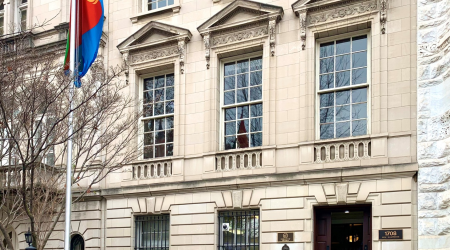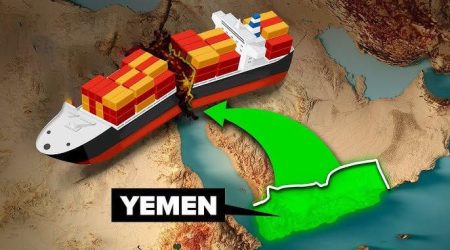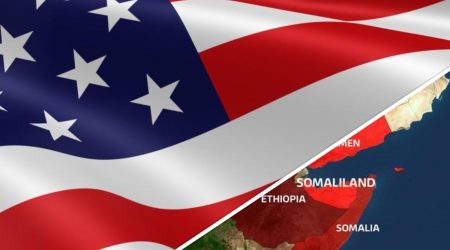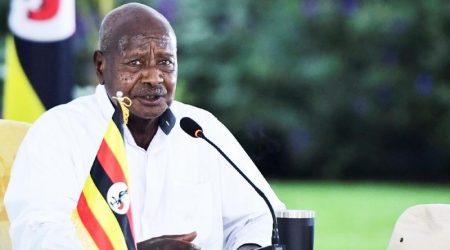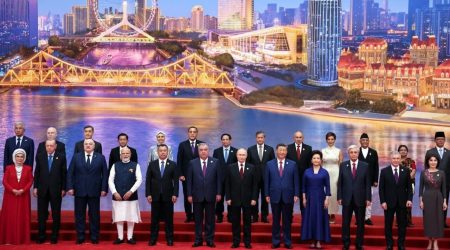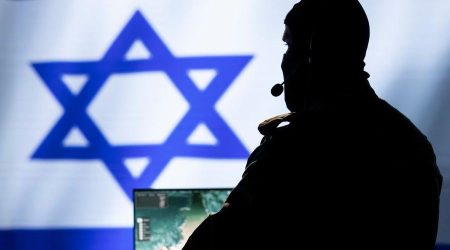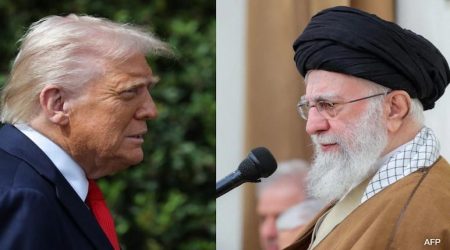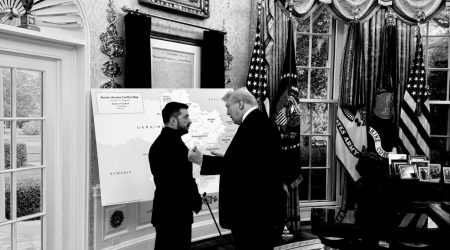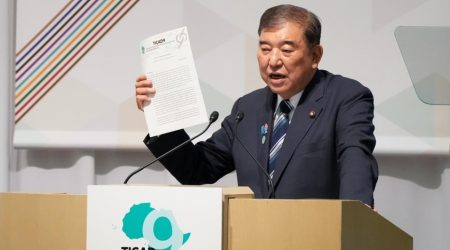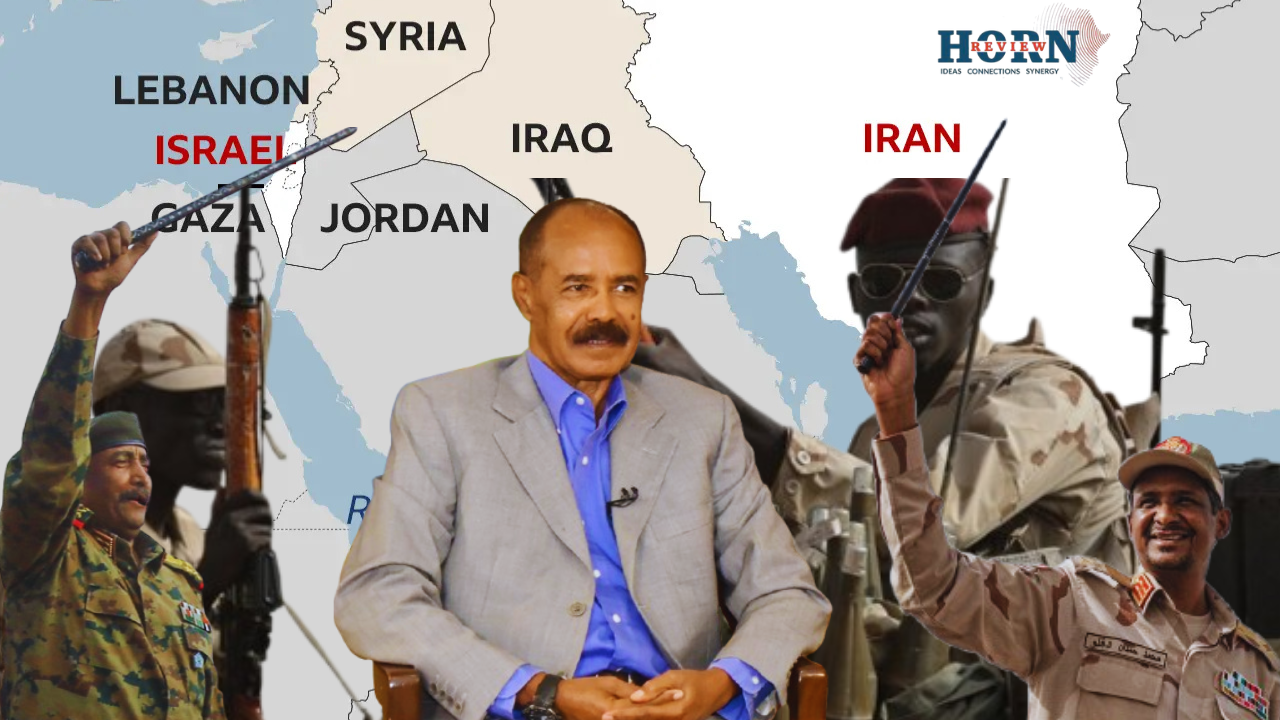
8
Aug
The Proxy Puzzle: Why Sudan Matters in the Iran-Israel Power Struggle
In a recent state-televised interview, Eritrean president Isaias Afwerki offered an interestingly detailed interpretation of Sudan’s ongoing civil war, casting it as a dangerous convergence point for competing regional powers. According to him, General Abdel Fattah al-Burhan – Eritrea’s ally – faces not only domestic rebellion but also an escalating internationalized conflict in which the United Arab Emirates (UAE), Iran, and Israel are all asserting competing interests. Isaias claimed that the UAE and its leader, Mohammed bin Zayed (MBZ), are actively fostering Israeli involvement in Sudan, setting the stage for a new layer of proxy confrontation between Israel and Iran.
The war in Sudan has long since evolved beyond a domestic crisis. Analysts widely argue that the conflict has slipped from the hands of the Sudanese people and institutions, transforming instead into a battleground for external actors vying for influence over its territory, resources, and geostrategic position. Generals Burhan and Mohamed Hamdan Dagalo now depend on a complicated web of foreign patrons, each with their own agendas. The International Crisis Group succinctly observed that “Arab and African capitals are competing to project power via Sudan, which sits on the strategic Red Sea, and they view the war’s outcome as representing high stakes.”
Among those actors is Isaias himself. Eritrea continues to back the Port Sudan-based government led by Burhan, opposing the parallel administration and the RSF led by Hemedti. Isaias’s unwavering support for Burhan extends beyond rhetoric. Eritrean military trainers are reportedly active in eastern Sudan, and Eritrea’s naval presence along the Red Sea is meant to secure Burhan’s hold over vital eastern territories.
On the other side, Hemedti enjoys immense but overt backing from the UAE. Although Abu Dhabi officially denies involvement, its deep investment in Sudanese mining, agriculture, and trade speaks volumes. The UAE’s assertive foreign policy, particularly MBZ’s tendency to act unilaterally and decisively, has elevated Sudan as a priority frontier. In this light, the Emiratis appear intent on shaping the future of Sudan, not merely protecting their interests. Other reported supporters of Hemedti’s camp include Libya’s General Khalifa Haftar and, as Isaias claims, Israel – a sign of how entangled the conflict has become.
The Sudanese army, officially recognized as the legitimate government, enjoys material support from Asmara and backing from regional powers including Egypt, Russia, and Iran. Turkey’s role remains opportunistic but nonetheless present. Together, these powers form a fragile constellation of support around Burhan, each motivated by different but overlapping geopolitical calculations.
Isaias’s commentary gestures toward a broader, more ominous reality: Sudan is becoming a new theatre in the intensifying rivalry between Iran and Israel.
Iran and Israel: Exporting the Battle
Earlier this year, Iran and Israel came dangerously close to full-scale war in what U.S. President Donald Trump dubbed the “12-Day War.” Though it ended in a ceasefire, both states remain locked in a tense standoff. Israel continues its aggressive campaign to dismantle what it views as Iran’s proxy network across the region, while Tehran maintains its strategic policy of projecting influence far beyond its borders. In this context, Sudan is becoming yet another site of indirect confrontation.
Though less central, the UAE’s role in this dynamic is not negligible. A subtle but enduring rival of Iran, Abu Dhabi often works behind the scenes to curb Iranian influence. In Sudan, that rivalry has taken a new turn. For MBZ and Hemedti, the struggle is also ideological. Burhan’s military command includes figures associated with the Muslim Brotherhood, a movement the UAE considers a direct threat to regional stability and to its domestic governance model. The Brotherhood’s presence in Port Sudan and its alleged influence on Burhan’s government further explain MBZ’s aggressive support for Hemedti’s alternative administration.
Iran, meanwhile, has thrown its support behind Burhan since the early stages of the war. Tehran views Sudan’s eastern corridor – especially Port Sudan – as an invaluable node for projecting influence in the Red Sea, a space long dominated by Saudi Arabia and the UAE. Iran’s overt criticism of Hemedti’s parallel government, recently branding it “destructive,” demonstrates Tehran’s growing investment in the conflict. It also highlights the strategic risk of overreach, as Tehran must now navigate a crowded battlefield filled with actors such as Israel and the UAE who share neither its goals nor its ideology.
Isaias’s concern that Emirati actions are drawing Israel deeper into the war is not unfounded. If Tel Aviv views Sudan as a chance to outflank Iran, then the conflict is bound to intensify. A recent article in the Jerusalem Post even urged Israel to “take down Iran’s man in Khartoum,” a clear call for more aggressive Israeli engagement. Though the open fire between Israel and Iran may have ceased for now, Sudan is rapidly becoming a proxy front in their long war.
Ethiopia and the Challenge of Western Escalation
Amid this unfolding regional contest, Ethiopia finds itself caught in a web of overlapping tensions. Addis Ababa has so far maintained an official policy of neutrality, urging dialogue and a peaceful resolution to Sudan’s crisis. But neutrality is becoming harder to sustain.
Border incursions by Burhan’s forces into western Ethiopia have long-strained relationships, especially as Ethiopia’s ties with the UAE deepened and Burhan now appears resistant to Ethiopian mediation. Compounding the problem is the fragile security situation in northern Ethiopia, particularly in Tigray, and the re-emerging hostility with Eritrea. The Ethiopian government cannot afford to be drawn into a broader regional conflict, nor can it allow Sudan’s instability to spill over.
Addis Ababa maintains working relationships with both Tehran and Tel Aviv. It also enjoys a unique status as an anchor state with broad diplomatic reach. However, the risk of being encircled by a hostile axis – including the Tigray People’s Liberation Front (TPLF), Eritrea, Burhan’s regime, and potentially Egypt – necessitates proactive diplomacy.
Ethiopia must assert its national security interests by engaging all relevant actors, including Iran and Israel, while pressing for de-escalation through its extensive ties with the UAE, Turkey, and Russia. Each of these powers has a stake in Sudan but also values its relationship with Ethiopia.
A concerted diplomatic effort is needed, not only to prevent further escalation but to ensure that Ethiopia does not become collateral damage in a war it neither controls nor desires.
By Mahder Neisbu, Researcher, Horn Review
Further Reading
Crisis Group. (2024). Two years on, Sudan’s war is spreading. International Crisis Group. https://www.crisisgroup.org/middle-east-north-africa/north-africa/sudan/two-years-sudans-war-spreading
FIU News. (2024). Iran’s intervention in Sudan’s civil war advances its geopolitical goals – but not without risks. Florida International University. https://news.fiu.edu/2024/irans-intervention-in-sudans-civil-war
Jerusalem Post. (2024). Sudan’s terror gatekeeper: Israel must take down Iran’s man in Khartoum. https://www.jpost.com/middle-east/article-797010
Peoples Dispatch. (2024). Five reasons why the UAE is fixated on Sudan. https://peoplesdispatch.org/2024/07/14/why-the-uae-is-fixated-on-sudan/
Iran International. (2024). Iran decries ‘destructive’ rival government in Sudan, foreign interference. https://www.iranintl.com/en/202407291453

